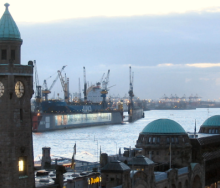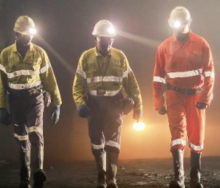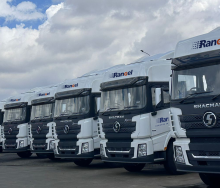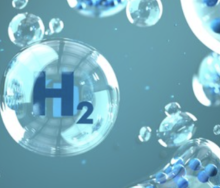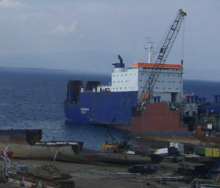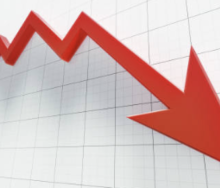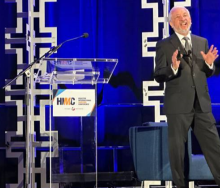Cape Town has successfully auctioned R36 million in carbon credits generated by reducing gas emissions at landfill sites via waste-to-energy initiatives, mayor Geordin Hill-Lewis has said.
A statement issued by the city says the funds will be ring-fenced for Urban Waste Management projects to reduce pollution and improve environmental health.
The news follows after the city council recently resolved to auction the carbon credits to take advantage of attractive rates due to demand for credits on the South African market, currently exceeding supply by around 3.4 times.
Carbon credits are earned for each tonne of greenhouse gas that is destroyed through city projects that have been registered with the UN-approved Clean Development Mechanism.
The city has installed gas-extractive infrastructures at the Bellville, Coastal Park and Vissershok Landfill sites to reduce methane emissions, known to have a global warming potential approximately 25 times greater than carbon dioxide.
“We welcome this initial return of R36m from our first carbon credit auction,” Hill-Lewis said.
“We are just getting started in scaling up our waste-to-energy initiatives at our landfill sites.
“These are win-win projects which reduce emissions, generate electricity and bring in revenue from carbon credit sales for more infrastructure investment.”
He added that about 40% of Cape Town's record R120 billion 10-year infrastructure pipeline is aimed at upping the city's climate change resilience.
“This includes major water and sanitation investments and waste management improvements.
“Lower-income households and communities will also directly benefit from 75%, or R9bn, of Cape Town’s R12bn infrastructure spend in 2024/25.
“We expect our landfill waste-to-energy initiatives to pay for themselves in time between the sale of carbon credits and a reduction in bulk electricity purchases from Eskom,” Hill-Lewis said.
Alderman Grant Twigg, a Mayoral Committee member for Urban Waste Management, explained that to convert this gas into electricity, perforated pipes or 'wells' have been dug into landfill sites to extract methane gas.
“The gas is then channelled as fuel to produce electricity to power our operations at landfills,” said Twigg.

